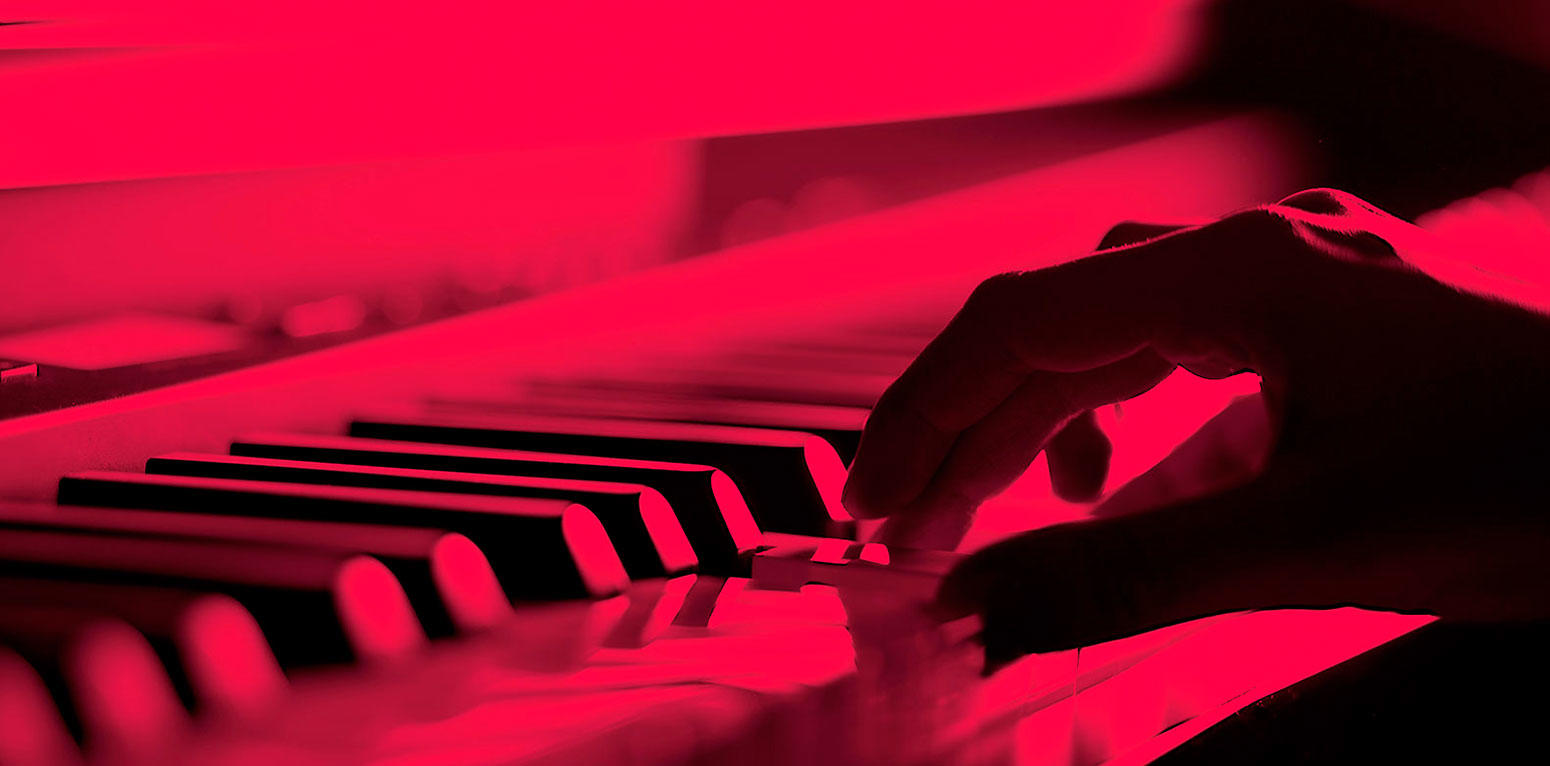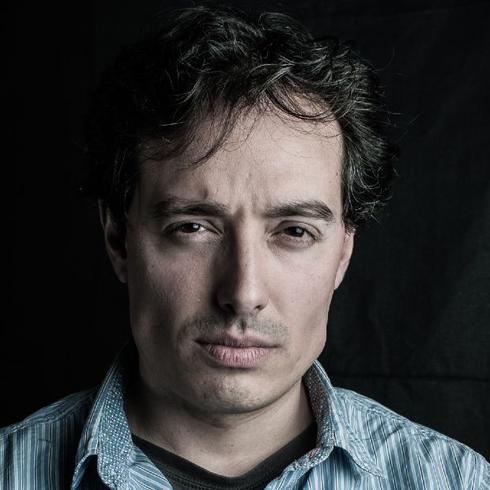
" Big Data "
For large orchestra
Sikorski
SÉLECTION 2017
- Nominated for : The Young Audience Prize 2018
- Nominated for : The Musical Composition Prize 2018
Big Data for orchestra is a one-movement work inspired by the composer’s fascination with human dependence on technology. It is concerned not only with the obsession, but also the magic behind data clusters in the computerised civilisation landscapes of the future.
Big Data is a term for large and complex ‘data sets’ used for strong predictive analytics. Every human being who has an internet connection produces a unique digital shadow that cannot be deleted.
In this piece the orchestra imitates sounds of an old Modem-Fax device as a metaphor of the origin of Big Data, as well as encrypted Morse code messages such as ‘we-are-data’. Even ‘music data’ information from other works written by me (such as ‘Binary’, ‘Virtual’ and ‘Solaria’) are also used in this piece, in order to play with the global sense of Big Data. Musicians are required to perform using special techniques, such as ‘Cyber Singing’ (used for the first time in 2010 in my symphonic work ‘Cyborg’). ‘Cyber Singing’ introduces a new possibility of interaction between the composer and the musician, thereby enabling genuine communication to be attained. The audio file prepared by the composer himself is played by the musician from his mobile phone, a device commonly used for other purposes. Two mp3 audio files are required to be played during the work. The first of these (Singing Comet 67P) refers to recorded sounds (in 2014) coming from the Comet 67P using the Rosetta spacecraft magnetometer instrument. The result is a strange clicking noise that changes in pitch and tempo, like an unknown radio-voice from beyond. Another musical theme to be heard in this piece refers to the old song ‘Daisy Bell’ (Harry Dacre, 1892), programmed (1961) on an IBM 704 computer in the earliest known demonstration of computer speech synthesis. Auditory researchers also used this melody in 1974 for the first demonstration of ‘pure dichotic’ (two-ear only) perception. This melody works here as metaphor of the beginning of virtual intelligence.”
Ferran Cruixent

